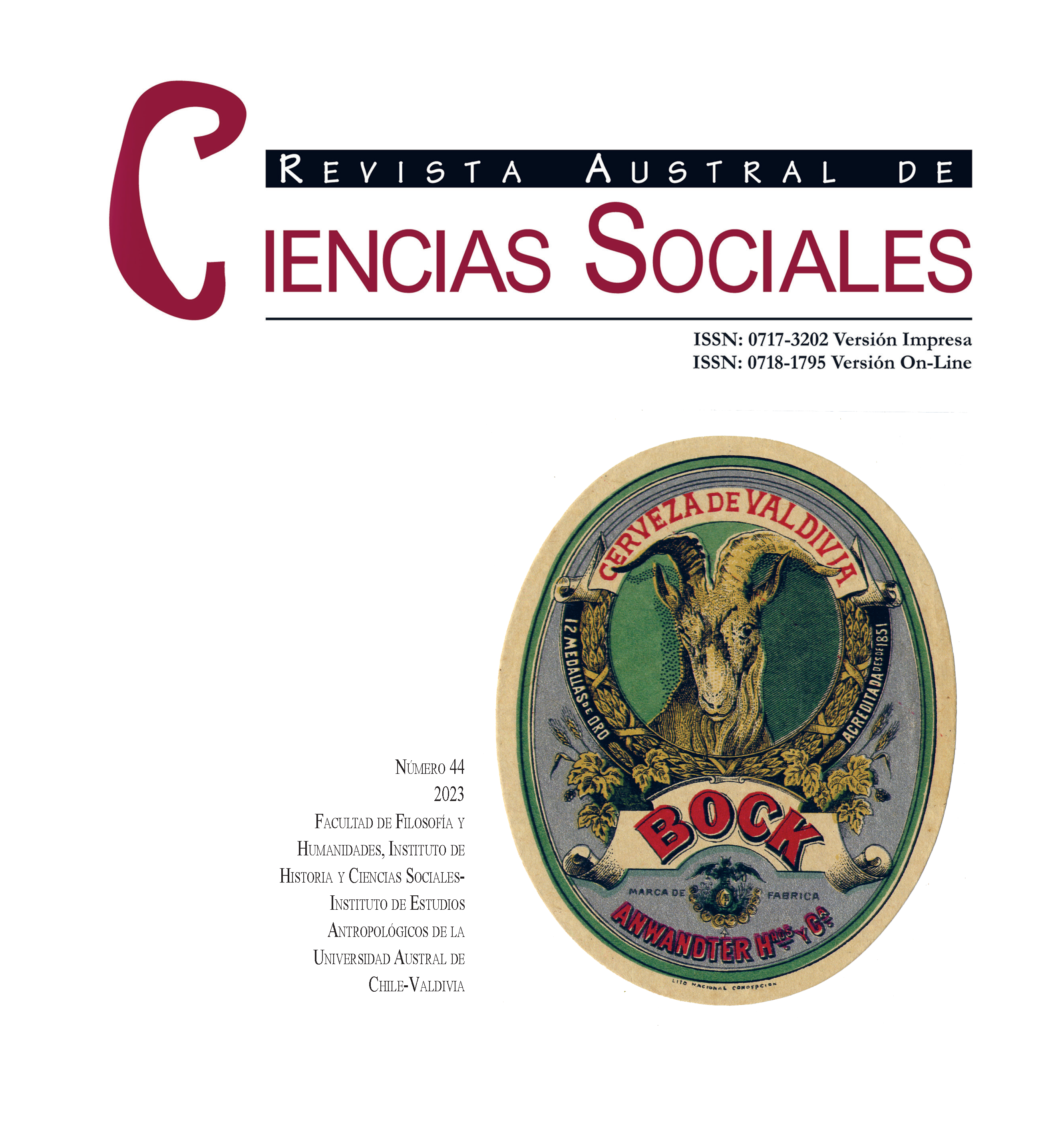The Eco-coloniality of lithium extractivism and the socio-environmental agony of the Salar de Atacama: The dark side of the “green” electromobility
Main Article Content
Abstract
This article analyses the socio-environmental, hydric, and cultural impacts of the growing extractivism of lithium in the basin of the Salar de Atacama in Chile from the perspective of the modernity/coloniality framework and the decolonial discussions of political ecology. Lithium, as a strategic mineral of global green transition policies, represents an eco- coloniality triggered by the metabolism of electromobility which reproduces structural and historical asymmetries between North and the Global South that contribute to the socio-environmental agony of the basin of the Salar de Atacama. In this study, we analyse testimonies from the Lickanantay communities and documentary sources, which evidence the tensions around the territorial rights involved in the socio-environmental mechanisms of lithium. This paper concludes that the extraction of this mineral expands at the cost of an ecosystem overexploitation that is unsustainable for the indigenous communities and the basins of the Atacama salts flat, raising the need to redesign inable transitions.


 https://orcid.org/0000-0001-9391-6410
https://orcid.org/0000-0001-9391-6410